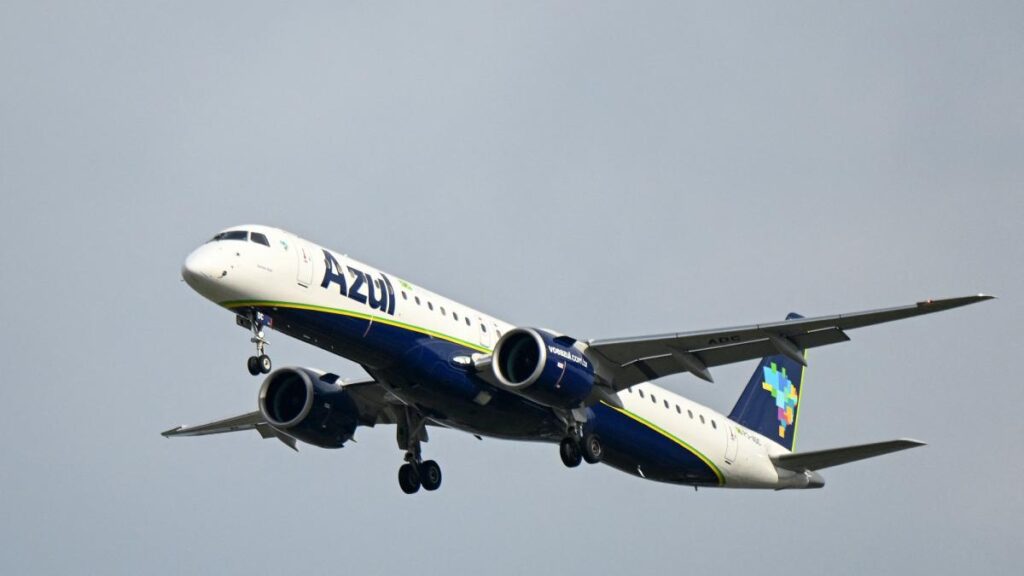Introduction to Azul and its Significance
Azul, a prominent low-cost airline based in Brazil, has recently announced the receipt of $650 million in financial support from specific shareholders. This backing is intended for a future capitalization operation of the company, highlighting its importance in the aviation industry and the Brazilian economy.
Background on Azul
Founded in 2008, Azul quickly established itself as a major player in the Brazilian airline market. The company’s low-cost business model has allowed it to offer affordable fares, making air travel accessible to a broader segment of the population. Azul’s fleet consists mainly of Airbus A320 and A330 aircraft, which are known for their fuel efficiency and capacity.
Financial Support Details
The $650 million financial backing comes from specific shareholders who aim to present a motion for it to be adjudicated in the Chapter 11 proceedings. This support is contingent on approval from a U.S. court, where Azul initiated a voluntary restructuring process under Chapter 11 that included securing funding to continue operations.
Chapter 11 Restructuring
Chapter 11 is a provision in the United States Bankruptcy Code that allows businesses to reorganize their debts and finances while remaining operational. Azul’s decision to utilize Chapter 11 demonstrates its commitment to navigating financial challenges and ensuring long-term sustainability.
Approval of Debtor-in-Possession (DIP) Financing
In addition to the $650 million shareholder support, Azul secured a $1.6 billion Debtor-in-Possession (DIP) financing package from its lenders. This approval was granted by the U.S. court and will enable Azul to continue its operations during the restructuring process.
Impact on Azul and the Aviation Industry
The financial backing from shareholders and DIP financing will provide Azul with the necessary resources to navigate its current challenges. This support ensures that the airline can continue serving its customers and maintaining essential routes within Brazil and beyond.
Benefits for Customers
Azul’s low-cost model has made air travel more affordable for millions of Brazilians. The financial backing will enable the airline to maintain its competitive pricing, ensuring that customers continue to benefit from affordable fares.
Implications for the Aviation Industry
Azul’s situation highlights the importance of financial stability in the aviation industry, particularly for low-cost carriers. The airline’s ability to secure support from shareholders and lenders during challenging times demonstrates resilience and adaptability, which are crucial qualities for success in the competitive airline market.
Key Questions and Answers
- What is Azul’s financial situation? Azul is currently undergoing a restructuring process under Chapter 11 of the U.S. Bankruptcy Code, which involves securing financial support from shareholders and lenders to continue operations.
- What is the amount of financial backing Azul received? Azul secured $650 million from specific shareholders and an additional $1.6 billion in Debtor-in-Possession (DIP) financing from its lenders.
- Why did Azul choose Chapter 11 restructuring? By opting for Chapter 11, Azul aims to reorganize its debts and finances while remaining operational, ensuring long-term sustainability.
- How will this financial backing impact Azul’s customers? The support will enable Azul to maintain its low-cost model and continue offering affordable fares to its customers.
- What are the implications for the aviation industry? Azul’s situation underscores the importance of financial stability in the aviation sector, particularly for low-cost carriers. The airline’s ability to secure support during challenging times demonstrates resilience and adaptability.






